
A phrasal verb combines a verb with an adverb or preposition to create an entirely new word with a totally different meaning than the original separate words. When used in a sentence, the verb portion of the phrasal verb acts the same as all other verbs – meaning that it still conjugates as any other regular verb normally would.
Here are some common phrasal verbs to get you started, noting that there are indeed thousands:
Pass out – become unconscious
- I went skiing the other day and when I got home, I was so tired I passed out.
- After dinner I invited my friends to come back to my house to watch the hockey game.
- I wasn’t sure if I wanted to buy a dress, so I asked the store attendant to set it aside for a couple of hours to give me time to decide.
- The act of getting up isn’t difficult. It’s when I must get up to go to work that is a challenge.
- The first thing I do when I wake up is spend a few minutes cuddling my cats.
- Surprisingly, the worst thing to say to someone who is angry is “calm down”.
- I tried to make things work, but eventually their abuse of power took its toll, and I gave up.
Continue learning with this phrasal verb quiz!



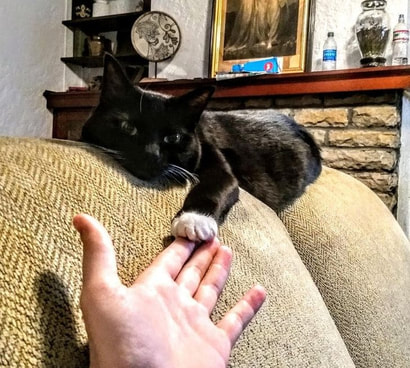


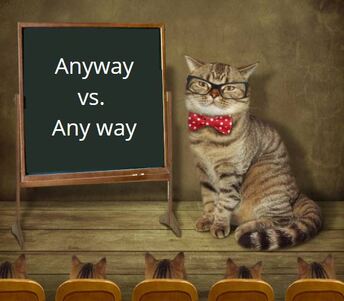




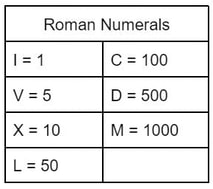
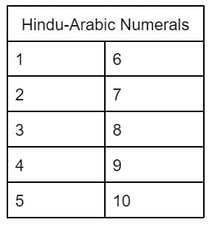
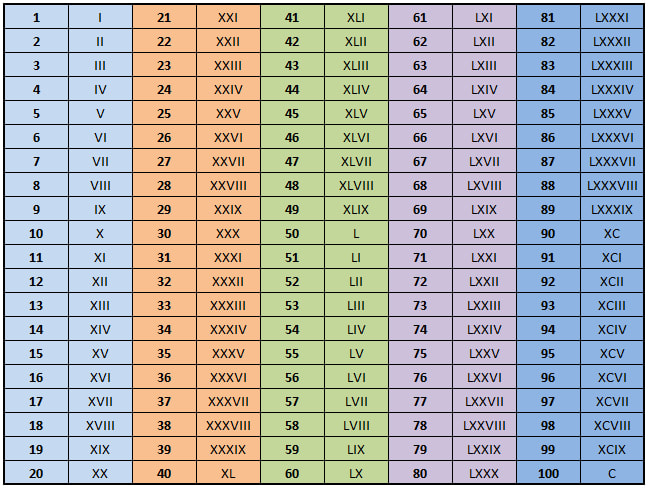
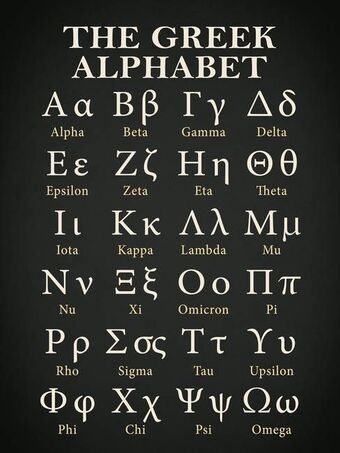


 RSS Feed
RSS Feed